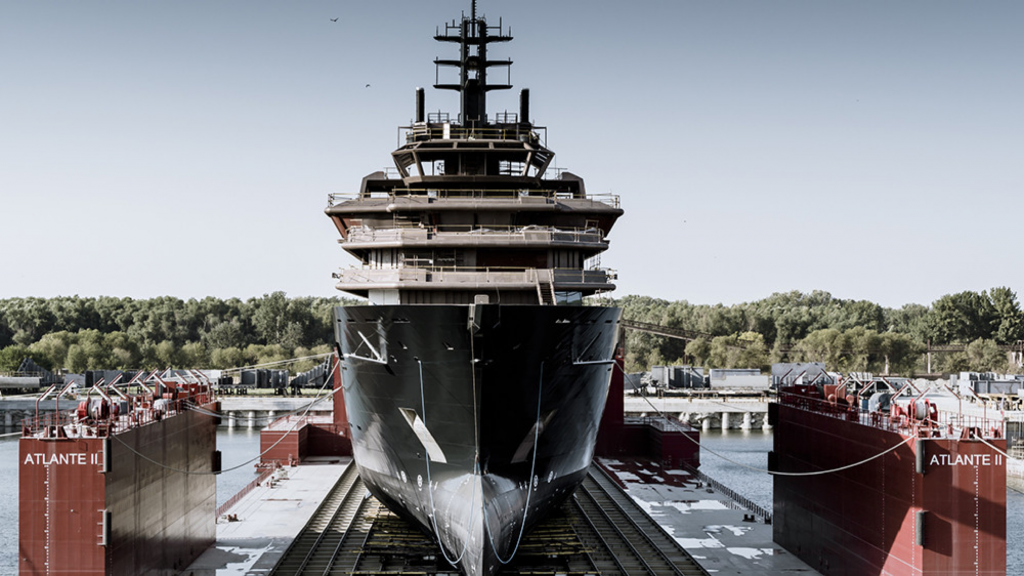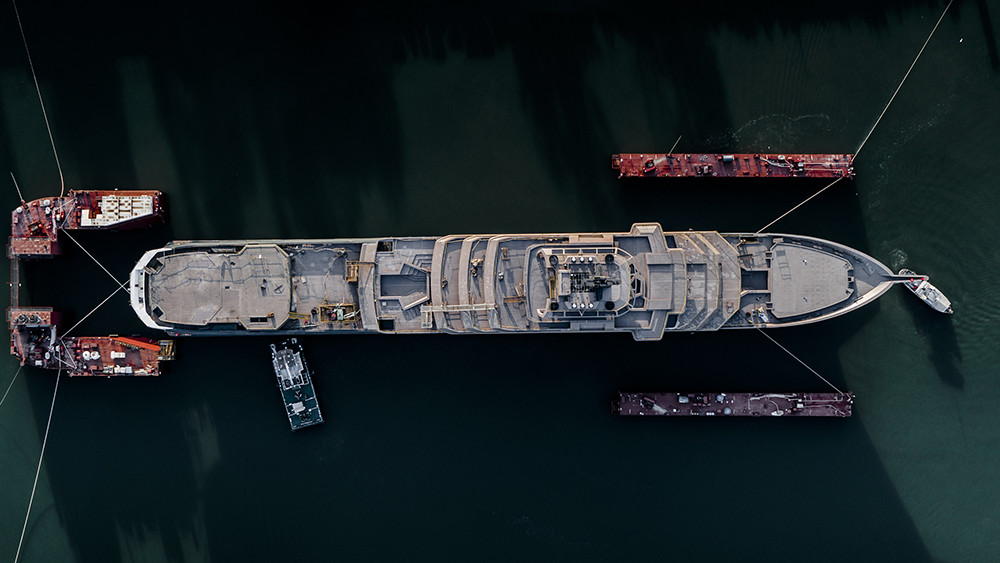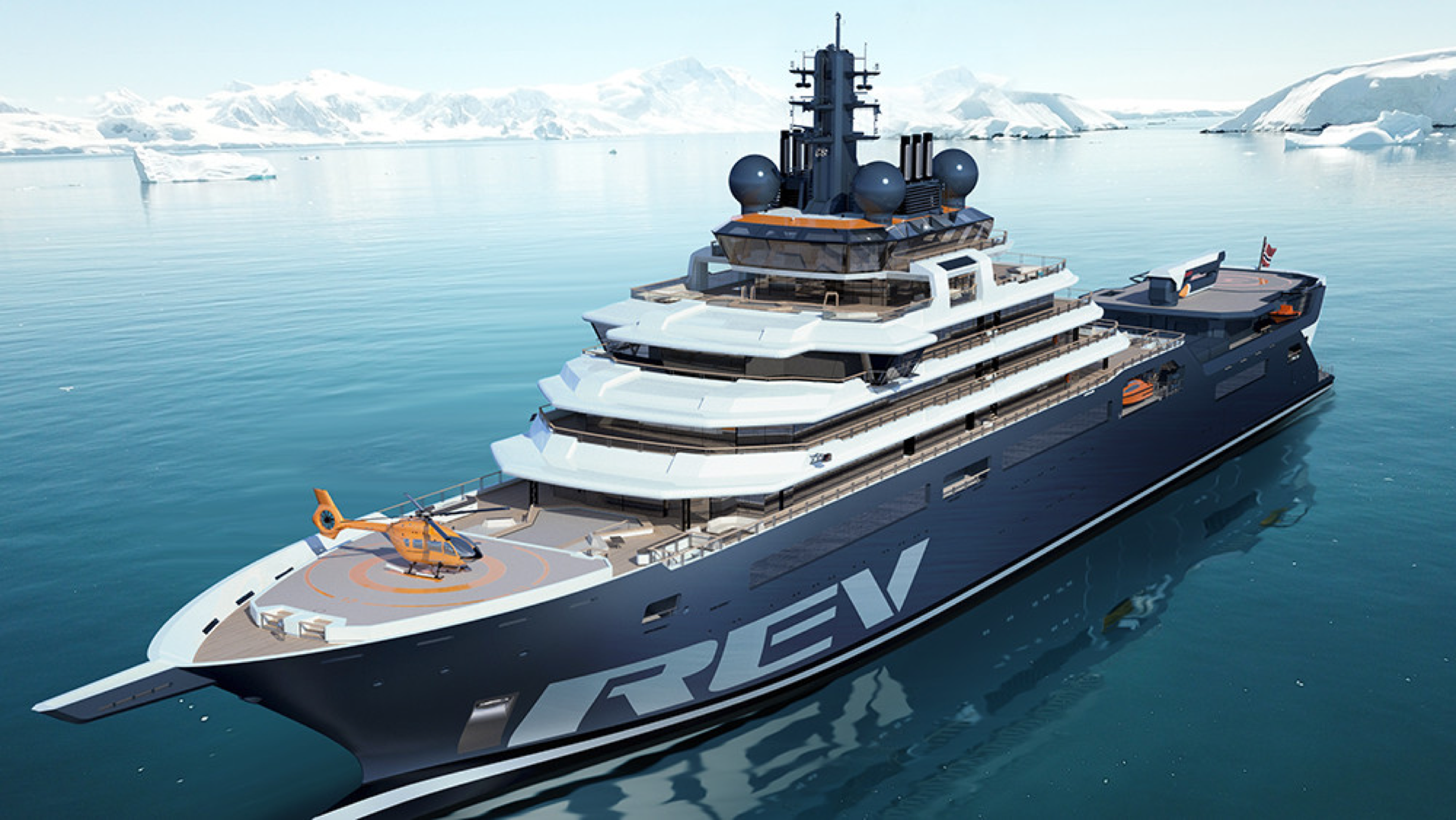At 600 feet in length, REV Oceanwears the crown of world’s largest yacht, edging out Azzam by 10 feet. Owner Kjell Inge Røkke, who made his fortune from fishing and offshore oil drilling, wanted his jewel to be more than just another placeholder in yachting’s tiara. He decided to build something special: a hybrid vessel combining a yacht interior with an ice-class hull and the laboratories of a polar-research vessel.
Unsurprisingly, REV Ocean is also the world’s largest research vessel. “She is bigger than a normal research ship, almost by double,” says Alex Rogers, Ph.D., a marine ecologist who left his teaching position at the University of Oxford to become the superyacht’s science director. “We have the full range of science equipment as well as the world’s deepest diving submersible that descends to 7,500 feet. She has three wet labs for biology, microbiology and geology, two dry labs and a media lab, as well as equipment for extracting samples at depths of 20,000 feet.”
In research mode, the boat can accommodate 54 scientists plus 36 crew, many of whom are specialized technicians. As a charter, the yacht hosts 28 guests in 14 staterooms, along with 54 crew.

GUILLAUME PLISSON
REV Ocean has three swimming pools, multiple common areas, several dining rooms, observation platforms and, thanks to the research side, a 35-seat auditorium, classrooms and an onboard medical facility.
The research will focus on three main issues: overfishing, climate change and plastic pollution. The yacht also has a novel business model: Charters will offset research costs, so visiting scientists won’t pay a bean.

GUILLAUME PLISSON
Røkke has reportedly invested around $350 million to build REV Ocean, with plans to lease her to the not-for-profit of the same name for $1 per year. He admits his former business activities have contributed to environmental problems. The initiative came from “the desire to use my resources for a good cause I believe in, and be part of the solution,” he says.
Currently being outfitted, the vessel will be delivered in 2022. After that comes a 250-day maiden voyage. “Our objective is to find practical answers for the oceans’ problems,” says Rogers. “Our charter guests can combine special experiences around the science elements they’re interested in. We’re eager for them to play a part in the solution.”




